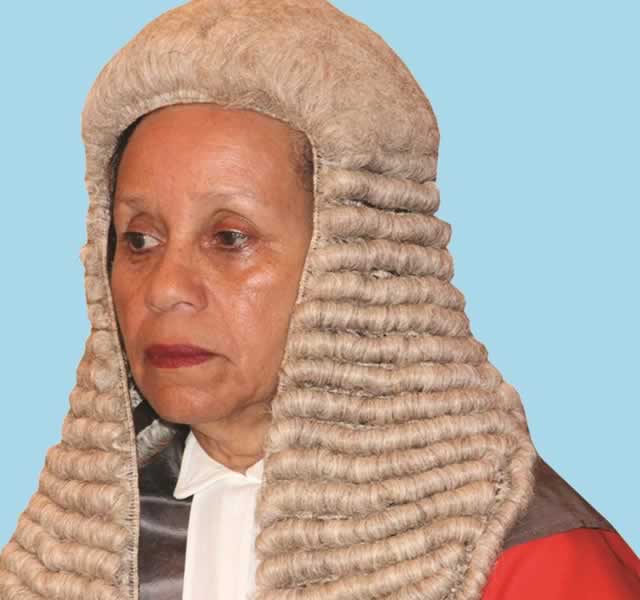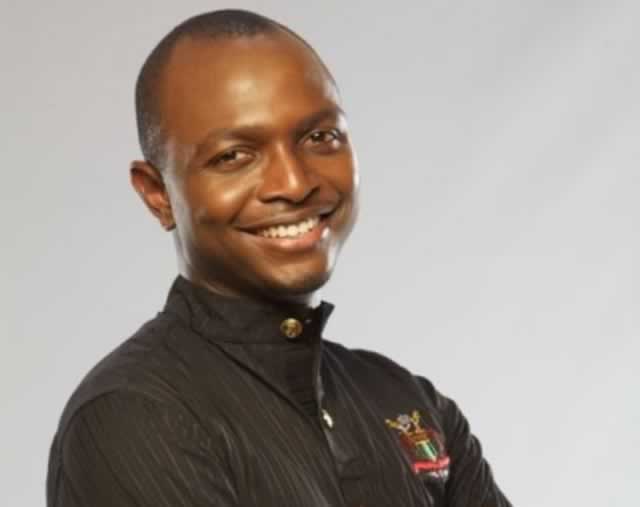Concourt upholds dual citizenship

Daniel Nemukuyu Senior Court Reporter
The delay in the synchronisation of laws with the new Constitution has sparked clashes between the Judiciary and law enforcers, with the Constitutional Court indicating that the new Constitution recognises dual citizenship.
The observation was made in a judgment delivered on Wednesday in which the bench disregarded immigration laws and ruled that Zimbabweans with foreign passports should not be compelled to apply for renewable permits during their stay in the country.
In terms of the Immigration Act, anyone who was born in Zimbabwe, but later acquired a foreign passport is treated like an alien and they should periodically apply for a renewable permit to guarantee stay in the country.
But the new Constitution that was promulgated last year recognises such people as truly Zimbabwean citizens who have the same rights with the other citizens.
In the judgment delivered in favour of medical practitioner and University of Zimbabwe lecturer Dr Farai Madzimbamuto, who is a holder of both South African and Zimbabwean passports, Justice Vernanda Ziyambi said it was up to the legislature to align the laws in conformity with the supreme law of the country.
“It is for the regulations (immigration laws) to be brought into conformity with the Constitution and not for the Constitution to conform to the regulations.
“It is also for the framers of the regulations to decide how best to align the regulations with the Constitution in order to give effect to the constitutional rights of Zimbabwean citizens,” ruled Justice Ziyambi.
“A purposive interpretation of the right conferred in Section 66 (of the Constitution) read with the applicant’s entitlement to dual citizenship is that the applicant’s right to enter, remain and leave Zimbabwe cannot be restricted even when he presents or travels upon a foreign passport.
The court also declared Dr Madzimbamuto a citizen of Zimbabwe and ordered the Department of Immigration to endorse his passport that he had unrestricted right to stay in the country.
“It is declared that the applicant is a citizen of Zimbabwe by birth with entitlement to dual citizenship,” said Justice Ziyambi.
“The second respondent is hereby ordered to endorse in the applicant’s South African passport upon presentation thereof to him, the applicant’s right to unrestricted and unconditional residence in Zimbabwe.”
Chief Justice Godfrey Chidyausiku and seven other judges of the Constitutional Court agreed with the judgment written by Justice Ziyambi.
Dr Madzimbamuto was born in Zimbabwe in 1956.
His father was the late national hero, Cde Daniel Madzimbamuto, while his mother was Mrs Stella Madzimbamuto (nee Nkolombe) from South Africa.
Dr Madzimbamuto’s troubles started in 2003 when he decided to go to South Africa for locum duties in a bid to raise school fees for his two children
He had challenges renewing his Zimbabwean passport that was about to expire while in South Africa.
His identity crisis started when he approached the Registrar-General of Zimbabwe’s offices seeking a new passport, but his efforts hit a brick wall.
Dr Madzimbamuto’s request to have his South African passport endorsed to communicate that he was indeed a Zimbabwean citizen was also turned down by the immigration department resulting in him approaching the courts.
When the new Constitution was adopted in Zimbabwe, he put pressure on the Registrar-General until he got his passport, but the Department of Immigration refused to make an endorsement on his South African passport.
During the court hearing last month, Chief Justice Chidyausiku said the immigration regulations were not compliant with the new Constitution.
“The immigration regulations are very clear, but they are not compliant with the new Constitution,” he said.
“A citizen does not require a residence permit when entering Zimbabwe despite the fact that he or she holds a foreign passport.
“Asking such persons to apply for permits is tantamount to treating them like aliens, which is a breach of their constitutional rights.”
Justice Ben Hlatshwayo, who was part of the nine-member bench, called for the alignment of the immigration regulations with the Constitution.







Comments